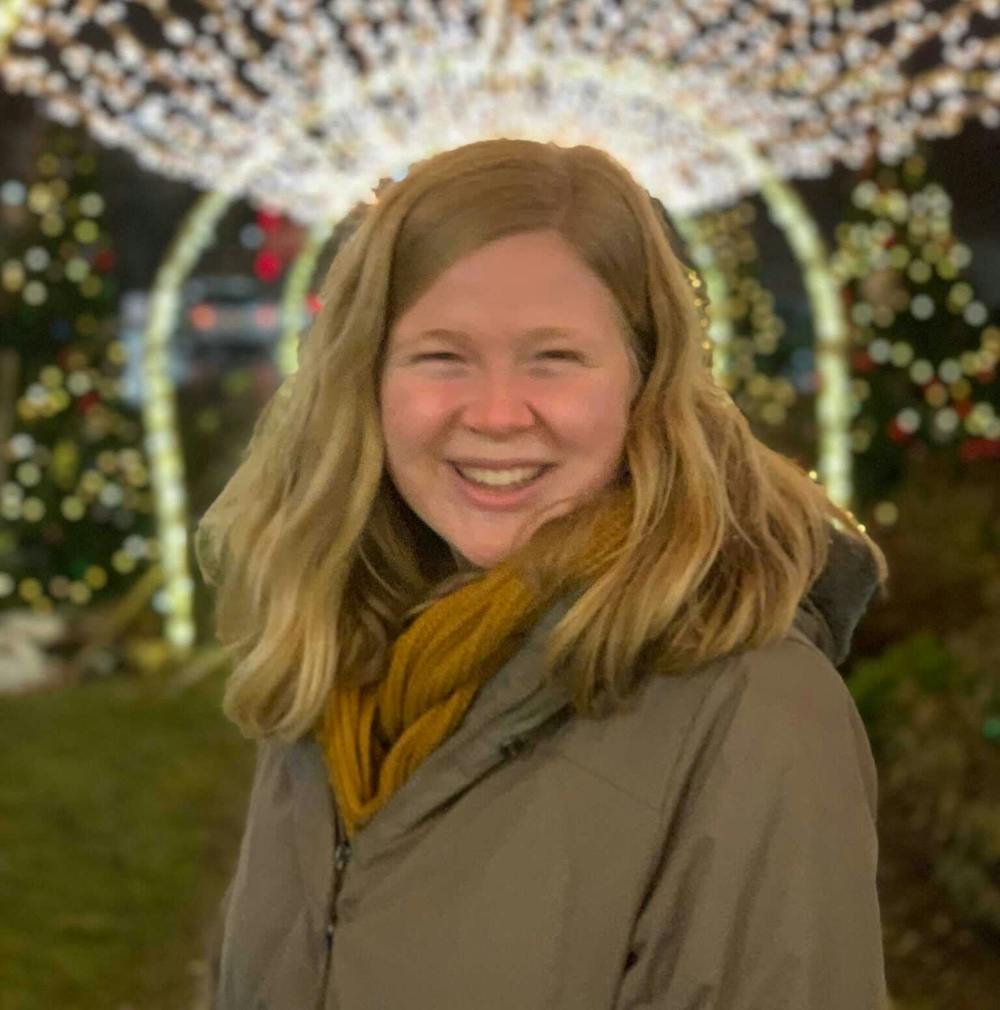I had no idea what I was getting myself into when I relented to going to the gym with a friend last September — lifting weights, running on the treadmill and doing crunches and pull-ups was not my definition of fun.
I was in physical pain — agony, even — every single day that first month. I awoke each morning to my legs quaking and my arms feeling like jelly.
But, I was happy.
I felt like I was in control of my emotions, not that my emotions controlled me, something I hadn’t felt in a long time.
Because here’s the thing: like so many others, I have seasonal affective disorder, which is aptly acronymed SAD. This is a mood disorder that occurs during the winter months, when there is less sunlight.
In a typical year, the changing of the seasons triggers bad mood swings, bouts of extreme depressiveness and, occasionally, disordered eating. Last winter, I lost 10 pounds in a single week and cried every day thinking I was letting down my friends. My mood changed so quickly — and impacted everyone around me so profoundly — that it only added to my stress and turned into a vicious depressive cycle.
The snow still fell on Buffalo this winter, but my symptoms — while still there — were far more manageable than ever before.
It felt like a miracle.
But of course, it wasn’t one.
Decades of research — including a widely circulated 2006 study published in the Primary Care Companion to The Journal of Clinical Psychiatry — has shown a clear correlation between exercise and mental wellness. Physical activity is linked to improved sleep, better endurance, stress relief, weight reduction and mental alertness.
So how is it possible that at a time when students need the benefits of physical activities, UB is choosing to remove the hoops from its basketball courts, limit access to gyms across campus and lock its other facilities?
UB’s first — and really, only — priority should be that of its students’ well being. The school has had no problem prioritizing its students’ physical health, by implementing weekly COVID-19 testing, the Daily Health Check and universal mask wearing.
These precautions have made me feel safer, but they have done nothing to address something equally, if not more, important: our mental health.
UB has put thousands of 18-to-22 year olds together, which in a normal, non-pandemic year, would be great.
But this year, UB has told us we can’t actually be together. Administrators have isolated us from our support systems and, on top of everything else, elected not to give us even one day off. Now, they are taking away the outdoor spaces where we can safely get together to play sports like soccer, frisbee, basketball or tennis.
The school has limited our use of the tennis facilities to weekdays only.
Tennis. A sport with built-in social distancing.
Even securing an appointment for the Alumni Arena Fitness Center can be a challenge. Appointments fill up fast and the gym has limited hours. Meanwhile, purchasing an off-campus gym membership is not only expensive, but impractical for students without a car.
And we’re still paying for it; I was charged the $265.75 athletic fee this semester for sports games I can’t attend and the $27 recreation fee for facilities I can barely use.
UB has a moral obligation to provide for its students’ mental health.
So why does it seem like the school forces its students to choose between their mental and physical health at every juncture?
UB administrators need to realize that mental illness is just as dangerous as an epidemic.
That’s because mental health is an epidemic.
So what gives?
UB has the tools — and the money — to improve the mental health of its student body. The school can — and should — be proactive about it. As the calendar flips to spring and the temperature increases to comfortable levels, administrators have one easy task: making the outdoors more accessible to its students.
It can do that today.
The features desk can be reached at features@ubspectrum.com

Julie Frey is a senior news/features editor at The Spectrum. She is a political science and environmental studies double major. She enjoys theorizing about Taylor Swift, the color yellow and reading books that make her cry. She can be found on Twitter @juliannefrey.





